Monday, November 19, 2012
Thursday, November 15, 2012
Natural Remedies for Diabeties

Natural remedies for Diabetes
Diabetic? Not sure what to eat? Then this list is
just for you. Read about the many offerings nature has, which will help
keep your diabetes in check.
We understand that as a diabetic, your diet is of utmost importance.
And that sometimes those sweet cravings are just way too hard to resist!
So we bring you a list of natural goodies that tantalize your taste
buds, are easy to find and as a bonus, are great for your health!
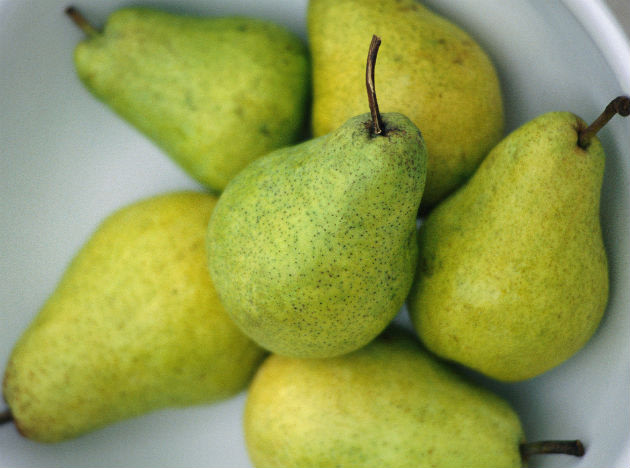
Pears: Rich in potassium and loaded with fibre, a pear is also low in carbohydrates! Add them in your fruit bowl or mix it up with spinach to get an instant fix for your hunger pangs. Despite the fact that fruits and vegetables are good for you, there’s no denying the fact that some of them contain sugar and carbohydrates, albeit in small amounts. So keep your portions small and do check with your nutritionist before any major diet changes.

Cabbage: Cabbage has a low glycaemic index of 10 which is very diabetes friendly. It is also a rich source of vitamin C and K. However, keep an eye on the fat content if you are including cabbage in your diet.

Berries: Tempting red strawberries or indigo coloured blueberries or just any berries for that matter. Experts advice that these little colourful fruits are rich in antioxidants, vitamins and fibre and are low-carb! So top off your breakfast with some strawberries or just toss them in your mouth. It adds a pop of colour and a dollop of health!

Oranges: Despite the fact that an orange contains sugar, it also contains other compounds that help control blood glucose, which makes it good for a diabetes patient. The soluble fibre present in an orange thickens as it’s being digested. This in turn slows down the sugar absorption, offering better control of your blood sugar.

Beans: Kidney beans, black beans or lentils have been shown to have immense health benefits for a diabetic. They are low fat, low calorie and high protein! They make you feel full, slow down your digestion process and prevent blood sugar from spiking.

Spinach: Is there nothing this superfood can’t do? Research shows that green, leafy and fresh spinach is extremely low in calories and carbohydrates, which is especially good news if you are a diabetic. In fact, spinach is one of the rare things that a diabetic can eat almost freely!
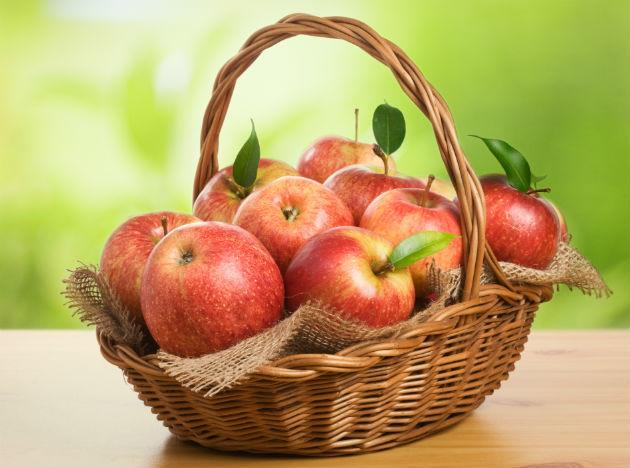
Apples: Low in calories and carbohydrate content, this portable fruit can be toted around easily in your bag, making it the perfect snack. Fibrous, with tonnes of vitamins and antioxidants, this diabetes-friendly fruit will add a crunchy and healthy punch to your diet.

Okra (Lady’s finger): This vegetable is a sure shot hit with kids and diabetics! Like brinjals and oranges, the presence of soluble fibre in okra makes this humble vegetable one of the best things to eat if you are diabetic.

Brinjal: Non-starchy, low carbohydrate and soluble fibre, could a vegetable be more perfect for diabetes? Load up on this easily available vegetable and enjoy the goodness that it offers!

Cherries: If you have a sweet tooth, don’t worry! Sweet cherries are good for you! The sugar in them is natural. To add to that, they have a low calorie count and a minimal carbohydrate level! But make sure you check the labels before you pick up a can of cherries as many of them are loaded with artificial sweeteners!
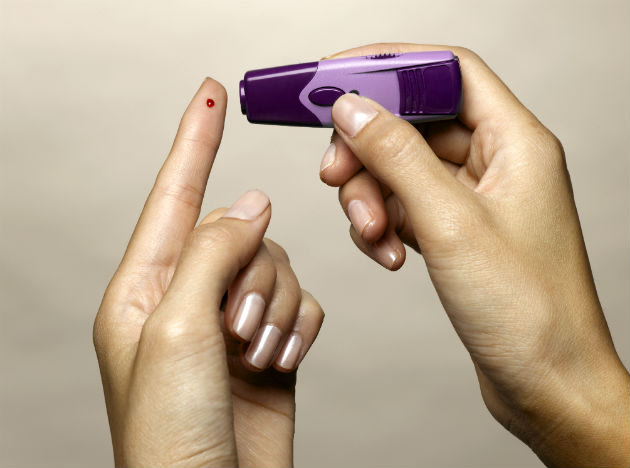
Diabetes is among the most debilitating of lifestyle diseases, often the precursor to many other types of health disorders such as obesity, cardiovascular diseases and chronic illnesses of the eye. Most diabetics tend to depend upon taking medications, many of which include hormone supplementation injections and drugs for controlling the sugar levels. Though these aids are often critical for managing cases where diabetes seems to have turned into an incurable condition, it is always better to seek natural cures. These natural remedies don’t put forth the kind of side-effects associated with stronger medications and can be resourced from our everyday supplies.

Drink water
Water tends to mobilize the high sugar
content in blood and thereby helps in preventing aggravation. Drinking
2.5 litres of water, on a daily basis, will not only regulate physical
functions but will also lower chances of cardiovascular and diabetic
ailments.

Green Tea
Green tea is nothing less than a miracle cure
for ailments. Consuming a cup of unsweetened green tea regularly will
rid the body of free radicals and let the antioxidants, contained
within, normalize the blood sugar levels. This will aid in reducing
diabetes and help keep the chances at bay.

Vinegar
Vinegar is an
excellent dietary compound responsible for diluting concentrated
sugar-levels in the blood. Studies have shown that two spoonfuls of
vinegar before a meal can reduce the glucose influx.
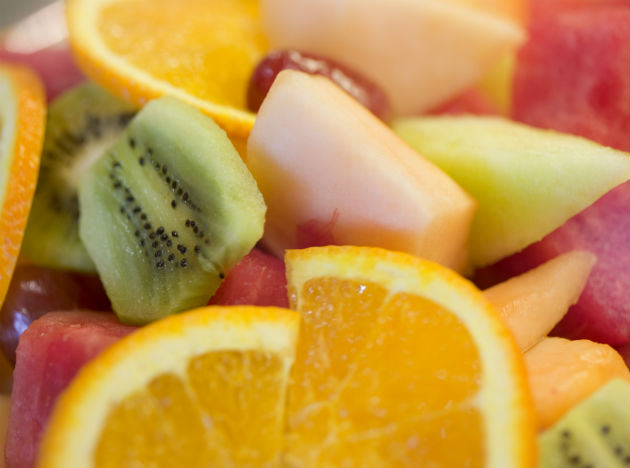
Fresh Fruits
Natural fruit sugars are the best options,
as dietary supplements, since they provide all the necessary vitamins
and minerals required. Studies have shown that an adequate intake of
Vitamin A and C maintains blood and bone health. Include fresh citrus
fruits like oranges, apples, pineapples, grapes and lemons in your diet.
Consume bananas in moderation, since their sugar structure is more
complex than that of citrus fruits.

Exercise
Proper exercise is
the key element in maintaining optimum health. Studies have shown that
exercise improves the blood flow and clears sugar levels in the blood.
This results in higher metabolism and lower risks of diabetes.

Soy
Soy proteins are one of the miracle cures for
reducing diabetes among crucial patients. The isoflavones contained in
them reduce the sugar content in blood and keep the body nourished,
while accumulating much fewer calories, when compared to other foods.

Sunlight
Studies have shown that moderate exposure to
sunlight boosts the physical synthesis of vitamin D, which is essential
for doing away with insulin resistance in the body. Lack of Vitamin D
results in low insulin production. While soaking up the sun might sound
like an excellent yet easy remedy, to reduce diabetes levels, one must
pay attention not to overexpose themselves to avoid risks of skin
cancer.

Fresh Vegetables
Fresh
vegetables are rich sources of iron, zinc, potassium, calcium and other
essential nutrients. These nutrients restore the balance and aid in
overall cardiovascular and nervous health. This prompts the body to
assimilate proteins and produce insulin in an optimum level.

Lean Meat
Lean meats are great substitutes for
non-vegetarians under diabetes risk. The high protein content is
essential to sustain physical well-being, since fats and
high-carbohydrate diets are out of the question.
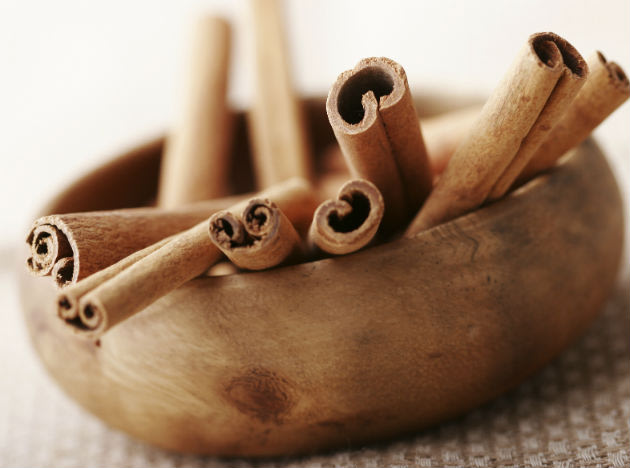
Cinnamon Powder
Powdered cinnamon, apart from spicing up
your foods, has the ability to lower blood sugar levels, as well. Take a
pinch of cinnamon with warm water every day and kiss diabetes goodbye.

Sleep Well
A good night’s sleep is as essential for
proper health, as food or exercise. Studies have shown that adults
sleeping for 7-8 hours every night have experienced lesser chances of
contracting diabetes in the long run, than those who sleep for fewer
hours. The science behind it claims that sleep calms the brain and
facilitates the normal hormone secretion. Lack of sleep upsets the
normal hormonal balance.
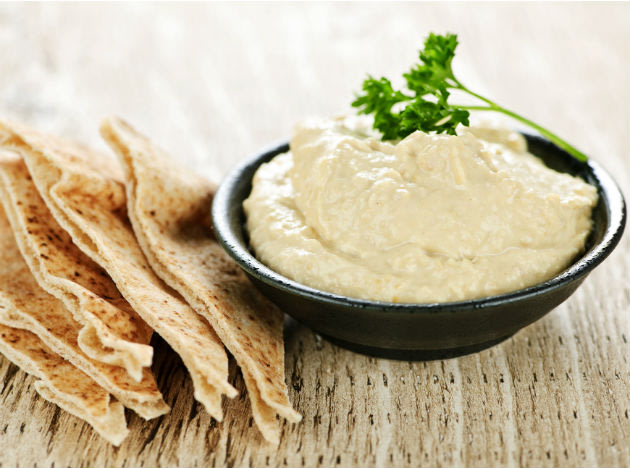
Small, Frequent Meals
High metabolic rates are highly
conducive in maintaining blood-sugar levels and nothing keeps metabolism
more fired up than consuming small portions, frequently. Studies have
shown that frequent meals result in greater absorption of nutrients and
lesser deposition of fat. Without fat deposition, the insulin secretion
is normalized.
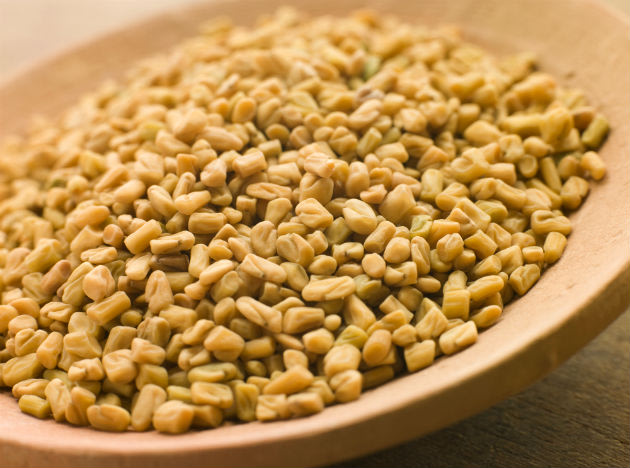
Using Methi Seeds: Fenugreek or Methi seeds are considered the most effective of natural cures that can help alleviate typical symptoms of diabetes. Methi seeds should be soaked in water overnight. The water concentrated with the seeds’ juices should be consumed early in the morning on an empty stomach. For making this natural concoction stronger, you can crush the seeds and sieve them through a cloth or filter paper.

Using Natural Juices: Some juices have been found to be effective in controlling high sugar levels that can prove fatal for diabetics. These are juices of fruits and vegetables that are further enriched with antioxidants and many rare micronutrients. The most recommended variety here is the Bitter Gourd or Karela juice. Other options include grape juice or the juice-like extract made from boiling mango leaves in water.
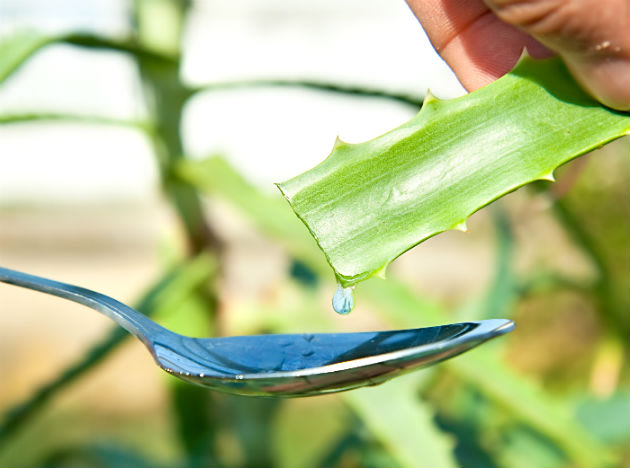
Aloe Gel Remedy: An effective, natural concoction for diabetes can be prepared by adding a few teaspoons of ground Bay Leaf (Tejpatra) with one teaspoon of turmeric. This mixture should be mixed with an equal amount of aloe vera gel and consumed daily, before lunch and dinner.

Using Chapattis to Your Advantage: Another useful way of managing diabetes is increasing the daily intake of fiber in the natural form. This includes increasing the fiber content in chappatis that tend to be eaten with regularity in Indian homes. The refined flour should be mixed with a combination of flours procured from different cereals, particularly those high in soluble fiber. This includes flours of barley and lentils like Chana Dal and soya bean.

Using Jarul or Banaba: Diabetics can use Banaba or Jarul plant extract. Banaba is among the lesser known of herbal plants in India. Along with India, it is grown in only a handful of other nations. The herbal powder of Banaba extract can be used to make herbal tea. This plant contains high concentrations of contains Corosolic acid—the most potent of biochemical compounds that stimulate faster glucose metabolism and help to regulate blood sugar and insulin levels that is very useful for combating diabetes.
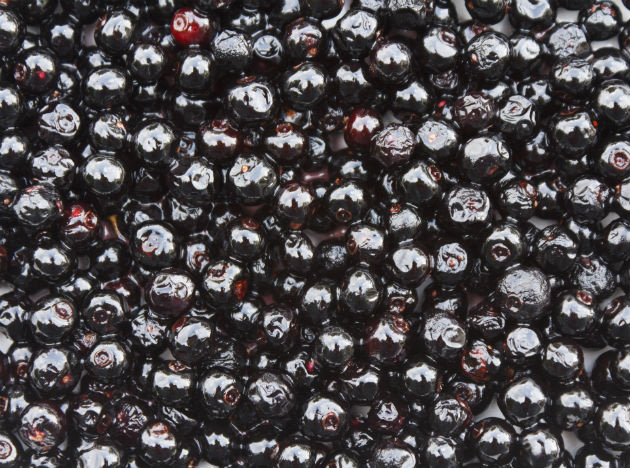
Jamun: Jamun is one of the rarest plants where nearly each part, the leaves, berry and seeds are known to help in controlling blood sugar levels. Neem leaves are useful in a similar manner. Amla or the Indian goose Berry is similarly effective in managing sugar levels. Instead of using only Neem leaves, you can also add leaves of Tulsi and Bel Patra. All these leaves can be boiled together for increasing the potency of the filtered extract.
They are too smart to go to school
Walk to \stay healthy
"Walking is man's best medicine."
- Hippocrates
Hippocrates
must have been a smart guy! There's a wealth of research to prove that
walking is good for you and the results are impressive: major reductions
in both diabetes and heart disease, decreases in high blood pressure, increases in bone density, and more all follow regular walking exercise.
In
this article, I'll cover how walking can help you, how much you need to
do to gain benefits, types of walking and techniques, how to get
started, and other valuable information.
Ten Tips for Fitness Walking
Medical Author: Melissa Conrad St?ppler, MD
Medical Editor: Dennis Lee, MD
Walking
is one of the easiest and least expensive ways to stay physically fit.
It's also a versatile form of exercise that can be done indoors (many
malls and public buildings offer walking routes) or outdoors, and you
can tailor the intensity of your exercise based upon your individual
abilities and goals. Whether you'd like to begin walking for exercise or
if you're already established in the habit, these tips can help you get
the most from your workout.
Do you remember your first step?
Remember your first step? What a
fuss everyone made! And then you continued to walk right on through
childhood, adolescence, and into adulthood, but somewhere along the way,
like most adults, you probably stopped walking so much. In fact, the
percentage of adults who spent most of their day sitting increased from
36.8% in 2000 to 39.9% in 2005! Part of the reason may be your hectic, stressful life,
with not a moment to spare for recreation or formal exercise. The
environment plays a part too; inactivity has been engineered into our
lives, from escalators to remote controls to riding lawn mowers to
robotic vacuum cleaners to electric toothbrushes to the disappearance of
sidewalks and safe places to walk. But research shows that all this
automation is bad for our health. Inactivity is the second leading
preventable cause of death in the United States, second only to tobacco
use.
You'd
think a simple activity like walking would be just that, simple. But
fewer than 50% of American adults do enough exercise to gain any health
or fitness benefits
from physical activity. Is walking our salvation? I don't know for
sure, but evidence suggests that it's probably a good start.
What are the top 10 reasons to walk?
The
list goes on, but if I continued, there'd be no time for you to start
walking! Suffice to say that walking is certainly good for you!
courtesy : medicinenet
images from the internet
|
Subscribe to:
Posts (Atom)
















